Two thirds of wild-berry pickers who applied from Thailand have been issued with special residence permits, confirmed the Finnish Immigration Service on Tuesday. The measures have been introduced to try and combat problems with trafficking in previous years.
Every summer in Finland, a few thousand wild-berry pickers, many of them from Thailand, apply to fly to the Nordic nation in order to pick wild berries found in the woodlands and tundra in the region.
From this year onwards, all wild-berry pickers will be required to apply for a residence permit for an employed person, confirmed the Finnish Immigration Service (Migri) on Tuesday (July 16).
The new rules were taken following "the serious charges and suspicions related to trafficking in human beings during the 2023 harvest season," as well as "legislative amendments that have entered into force in Thailand," according to the Finnish Ministry for Foreign Affairs.
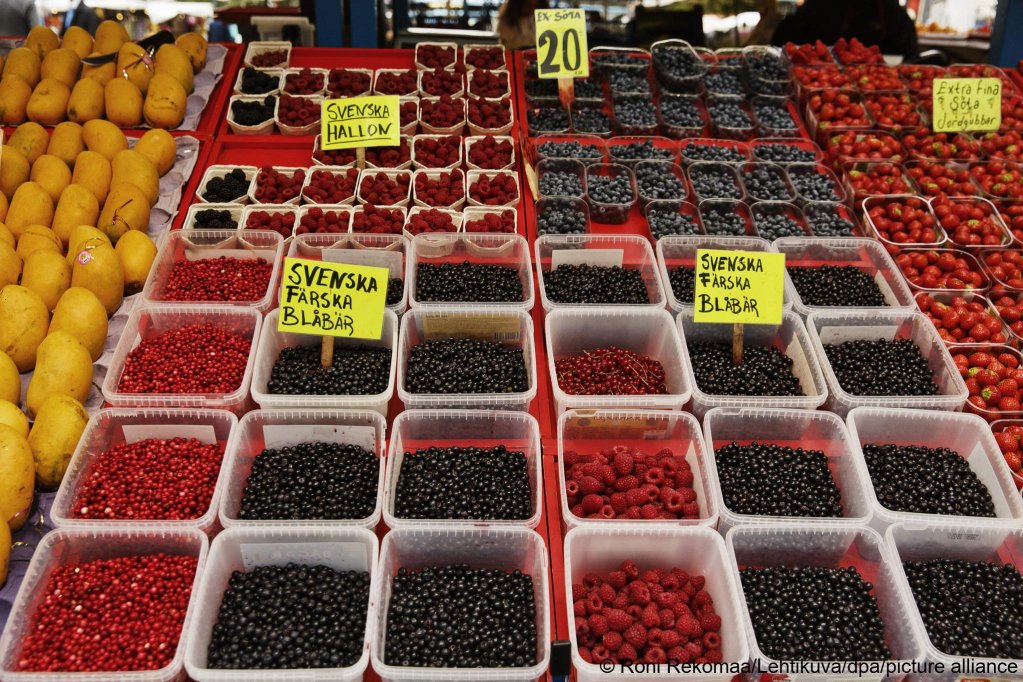
New rules this year
This is the first time that the same requirements and the same examination apply to wild-berry pickers' work as they have always applied to other employees recruited from abroad.
This is because of problems related to working conditions in the wild-berry sector, including the earnings of foreign pickers, accusations of exploitation as well as suspicions and charges of human trafficking, confirmed the Foreign Ministry.
Until 2023, pickers came to Finland on a Schengen tourist visa, which allowed them to enter Finland and pick berries for a maximum of three months. As of this year, those who are permitted to pick wild berries will not receive a Schengen permit, making it impossible for them to travel onwards to other countries in the Schengen zone without specific visas for those countries too.
The new rules, say the Finnish authorities, will end the link between picking and tourism and force companies to employ pickers on a contractual basis. This change is intended to guarantee the pickers a minimum income.
Also watch: Finland to vote on turning back migrants coming through Russia
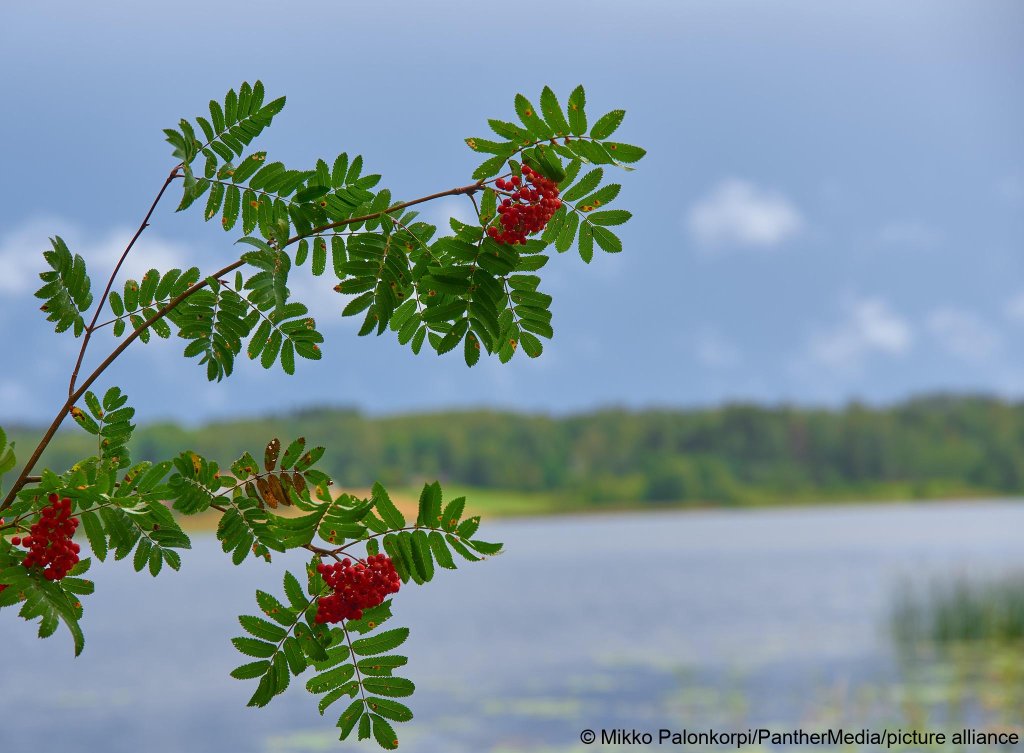
Two-thirds of applicants obtain permits
This year, the Finnish Immigration Service said it had received 1,300 applicants and issued 900 positive decisions, about two-thirds. All the applicants are Thai citizens, stated the press release.
Applicants had to apply first via the Finnish mission in their home country, where they had to confirm and prove their identity. Once that step was completed, they were passed on to the Employment and Economic Development Office which made a partial decision on the application, including making sure the labor market could accommodate the applicant.
Lastly, the Finnish Immigration Service assessed whether "the conditions for residence in the country are met and which risks are involved."
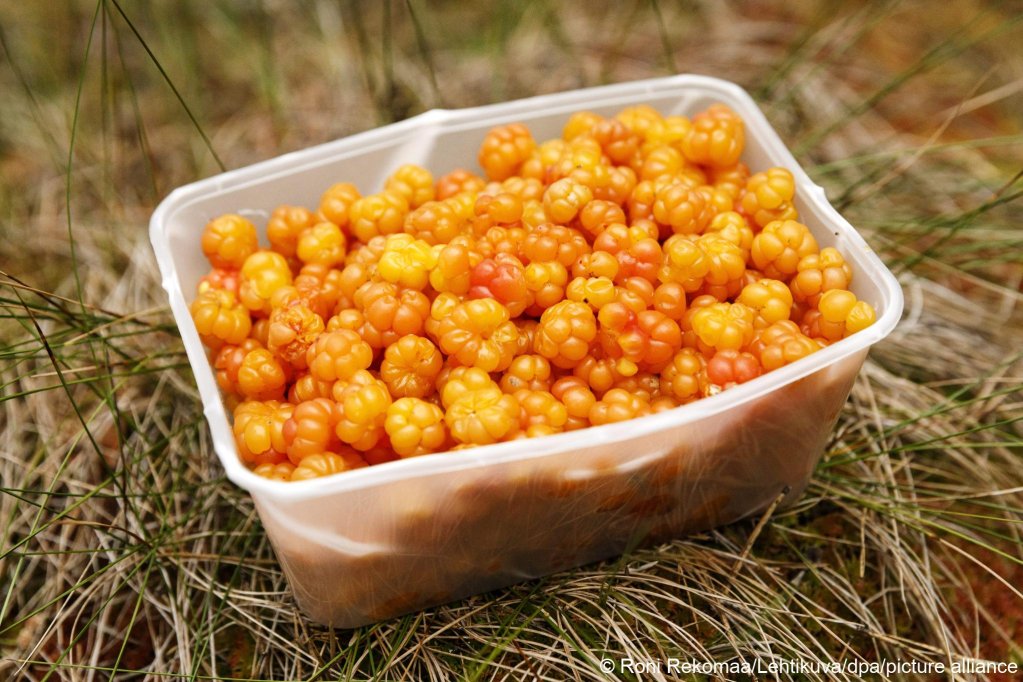
Warning signs
The Finnish Immigration Service admitted that challenges remain in the sector, including the potential for labor exploitation and human trafficking. They said, where they had found indications of that kind of wrongdoing, they had refused the application.
"Even if the terms of employment comply with the requirements on paper, we also use interviews to assess the situation. If the information given by the employee ad the employer about income or terms of employment have differed essentially and considerably, we have investigated the matter," said Tuuli Huhtilainen, responsible for processing the residence permits of employed persons.
When an applicant's net income is particularly low, their assessors pay "particular attention to the risk of labor exploitation." Alarm bells also ring if the charges for accommodation or meals are stated as "unduly high," stated the Finnish Immigration Service.
Vulnerable position
The Finnish Immigration Service acknowledges that many of the applicants find it hard to contact the Finnish authorities independently, partly because of language, and often because there are "coordinators" standing between employees and employers, who also take a share of the income generated.
"Wild-berry pickers are often in a vulnerable position, because they may not share a common language with their employer, or know their rights in Finland, for example," explained Huhtilainen.
The Finnish authorities say that they continue to monitor the situation and make sure that even after the pickers arrive in Finland, the terms of employment stated on the contracts are applied in practice.
In 2020, an ARTE / ARD / Deutsche Welle documentary lifted the lid on the thousands of mostly Thai migrant workers who suffered difficult conditions to pick berries in fellow Baltic country Sweden.
In that documentary, it was claimed that Thai workers had to pay at least 2,200 euros for the "privilege" of flying into Sweden and applying to work with one of the berry picking companies. They had to pay expenses, food, accommodation and travel to the forests during their stay in Sweden too.
Also read: Thai migrant workers pay for the 'privilege' of picking berries in Sweden
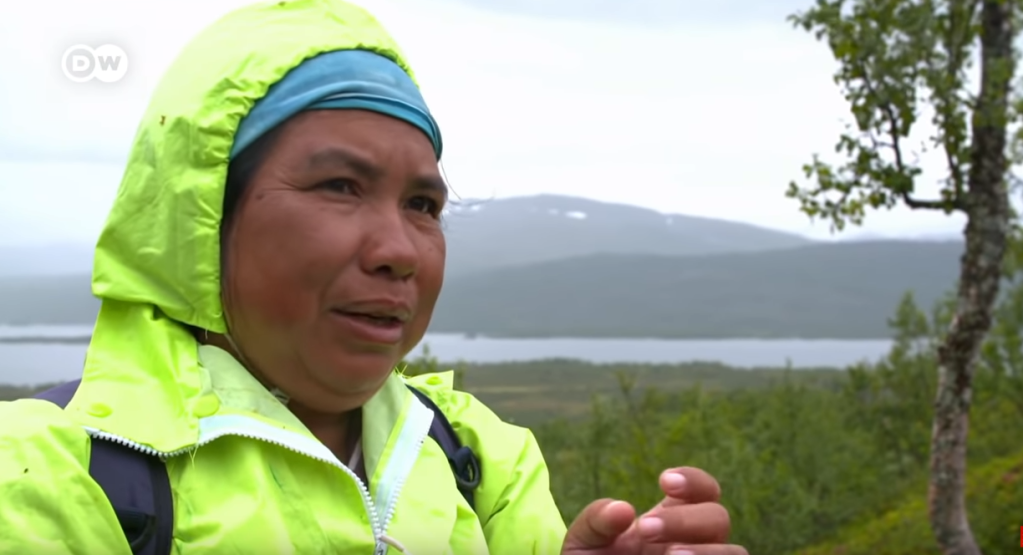
2025: Seasonal worker permits to be introduced
The Finnish Ministry of Economic Affairs and Employment has put in a request for legislative amendments, so that next year, berry pickers will be covered under the legislation meant for seasonal workers. The amendments, states the press release, are due to enter into force for the harvest season 2025.
Most of the berry pickers submitted their applications at the end of May, or early June, so that their permits would be issued in time for the ripening of the berries.
Employers in Finland have also had to get to grips with the new changes. Although applications were processed fairly quickly, says Huhtilainen, they had to make sure that employers had time to understand what was needed from them and to submit the additional information.
Once the Finnish authorities have issued a positive decision, the press release states, the berry pickers still need permission from the Thai authorities to leave Thailand.
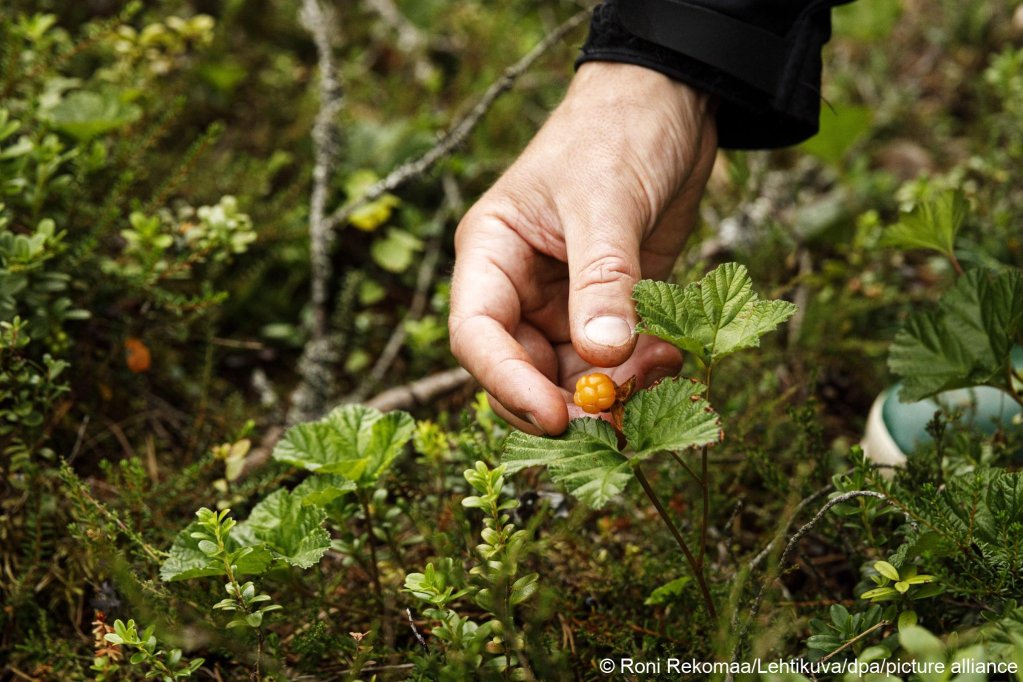
Workers from other countries
According to a press release from June 14, other berry pickers, many from Ukraine and Moldova, are also at work on Finnish farms this year. Seasonal workers from visa-free countries, like Ukraine, can apply for a special certificate for seasonal work that is valid for up to 90 days. Anyone who wants to stay longer will need an employment contract for that time and will then need to also apply for a residence permit for seasonal employment via the Finnish Immigration service.
After a visa liberalization process for Kosovan nationals, workers from Kosovo have risen to third place behind citizens of Ukraine and Moldova. Ukrainians though traditionally form the largest group of seasonal workers in this sector. This year, they account for 83 percent of all applications.
Ukrainians who already moved to Finland following the Russian invasion of their country in February 2022, of which there are about 67,000, do not need any special seasonal work certificate, as they have been granted special temporary protection, like in all other EU states.
The decision to change the rules for applicants from Thailand also affected nationals from Cambodia and Myanmar, stated the Finnish Immigration Service, since these countries come within the consular district of the Embassy of Finland in Bangkok.
Also read: Finland, stricter asylum and citizenship laws proposed by government

Process began in 2018
The UN Migration Agency IOM began working with stakeholders and the authorities in Finland in 2018 to make sure that the rights of agricultural migrant workers are respected.
According to a press release from that year, the IOM began producing leaflets directed at those employing berry and fruit pickers, with "tips on how to recognize signs of human trafficking in their workers."
In 2018, a man was sentenced to jail for trafficking 26 Thai berry pickers. To try and prevent exploitation, most of the employers in the sector signed up to a voluntary contract promising to safeguard migrants' rights.
Dream Job or Rip Off? Thai Berry Pickers in Sweden is a film by Norbert Lübbers originally commissioned for German Public TV channels WDR and ARTE – you can watch it here in English. It was broadcast on DW in August 2020.
